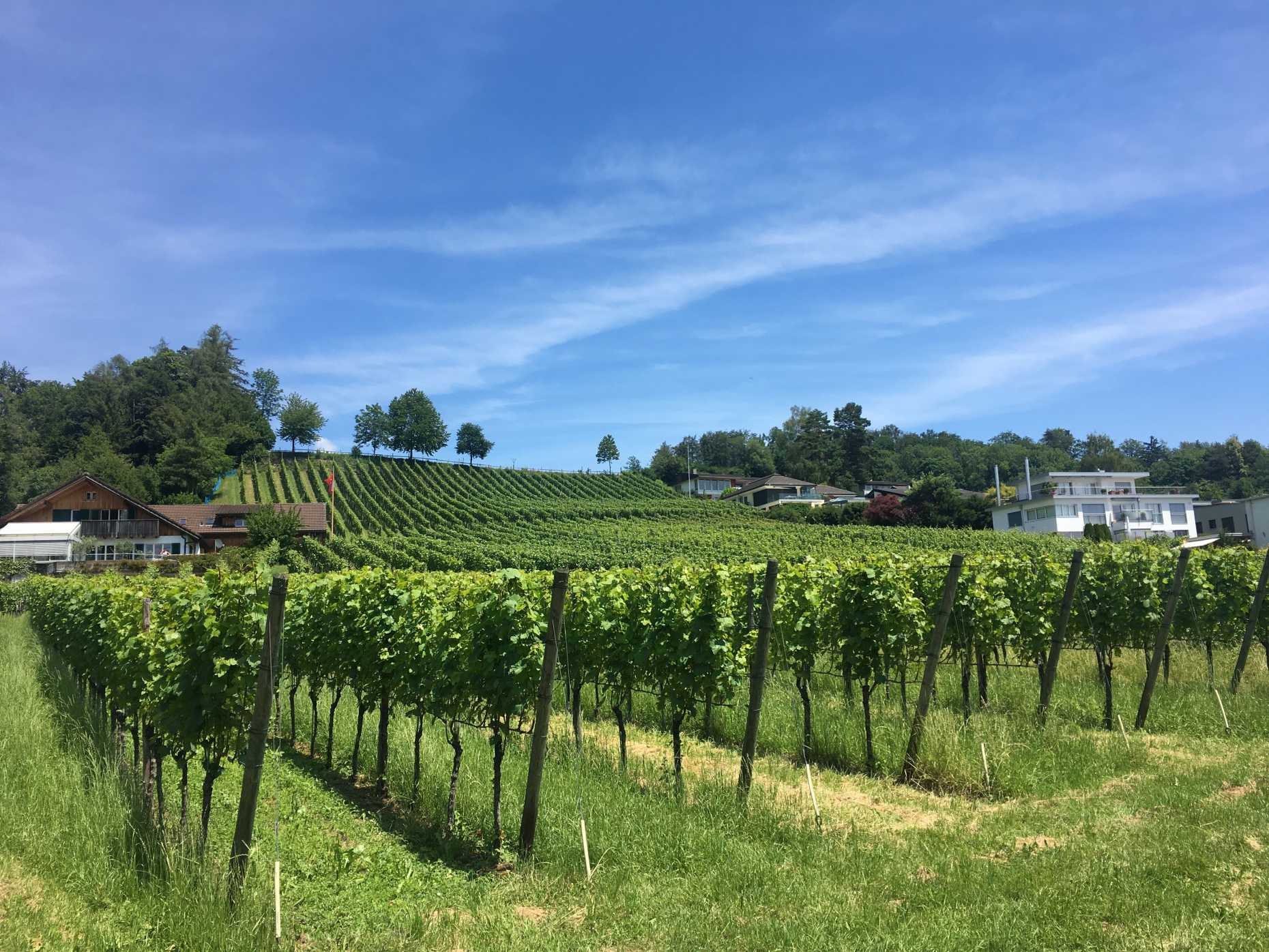Towards pesticide free agricultural production systems (PestiFreeAgSys)

Background
Pest management is critical for food security. However, adverse effects of the widespread use of pesticides on human health and the environment need to be avoided. The reduction of risks from pesticide use, while maintaining food production and the economic and social viability of the agricultural and food sector, is thus an important goal for policy makers and industry. The long-run transition to pesticide free or low-pesticide production systems that reduce pesticide risks but maintain food production, profitability and other ecosystem functions is a key approach to reach this goal. Zero- or low-pesticide, production approaches increasingly emerge as alternatives to organic farming because of lower yield impacts and lower compliance costs for farmers.
Objectives
In this project, we aim to investigate the i) economic viability, ii) farmer uptake and iii) policy options to foster adoption and diffusion of zero- and low-pesticide production systems. The project focuses on Swiss agriculture, using two exemplary cropping systems as case studies. First, we focus on pesticide-free wheat production. Wheat is the most important arable crop in Switzerland and reducing pesticide use here thus has a big leverage effect. The project will focus on a pesticide free wheat production standard that has been recently established. Second, we focus on zero- and low-pesticide wine production. Grapevine production is economically one of the most important crops in Switzerland, representing 7% of the total agricultural production value, but is also one of the most pesticide intensive crops. Various steps will be investigated that support reducing pesticide use: i) the use of fungi-resistant varieties, ii) substitutes to herbicide use, iii) the use of preventive strategies to avoid insecticide use.
The project combines different goals and methodological steps. First, the project aims to investigate the economic viability of zero- or reduced pesticide production systems. To this end, the profitability of different farming systems will be compared, e.g. accounting for differences in costs, revenues as well as direct payments. Moreover, we compare production risks across production systems, and account economic viability of long-term investment decisions. Second, we investigate farmers' perceptions and farmers uptake of these production schemes. Based on existing datasets, we investigate farmers' perceived adoption hurdles and quantify determinants of adoption and diffusion, e.g. farm- and farmers characteristics, perceptions and preferences. Third, the project aims to explore policy and industry options to facilitate wide-spread adoption of more sustainable production systems.
Finally, the project has a special focus on communication and dissemination, realized in collaboration with the World Food System Center of ETH Zürich, WFSC.
Contact Prof. Robert Finger ()
Background papers
Möhring, N., Ingold, K., Kudsk, P., Martin-Laurent, F., Niggli, U., Siegrist, M., Studer, B., Walter, A., Finger, R. (2020). Pathways for advancing pesticide policies. Nature Food 1, 535–540.
Publications
Ziehmann, E., Möhring, N., Finger, R. (2024). Economics of herbicide-free crop production. Applied Economic Perspectives and Policy. In Press external page >>external page
Blogs
Ökonomische Implikationen herbizidfreier Weizenproduktion external page https://agrarpolitik-blog.com/2024/07/22/okonomische-implikationen-herbizidfreier-weizenproduktion/